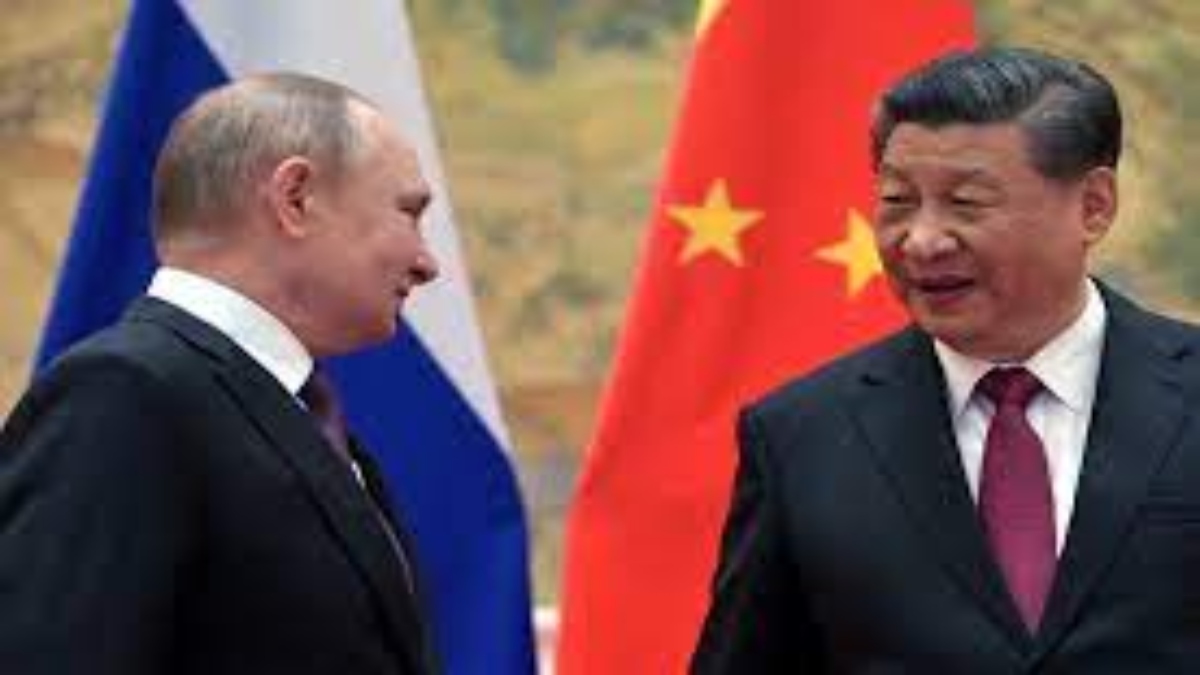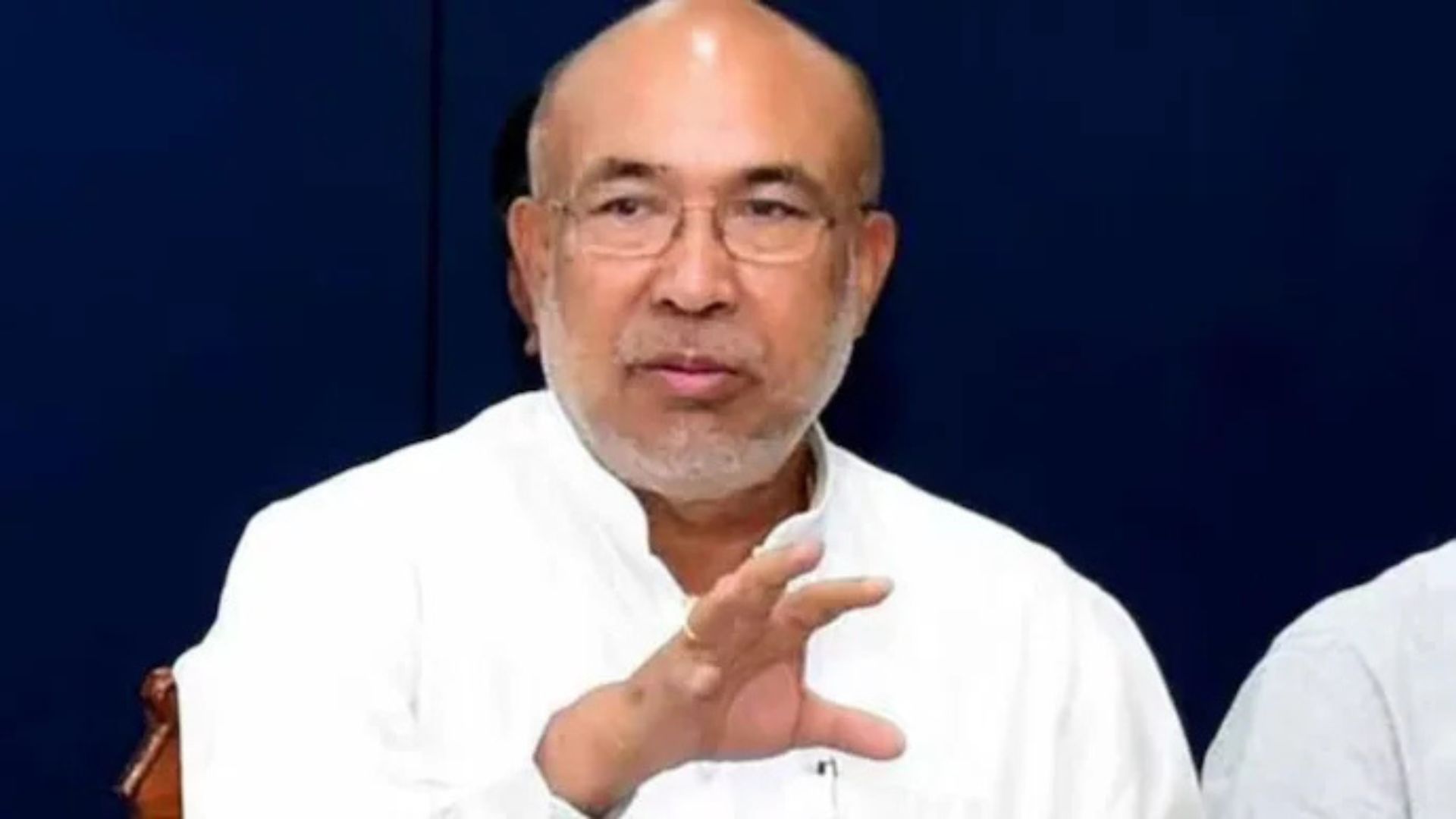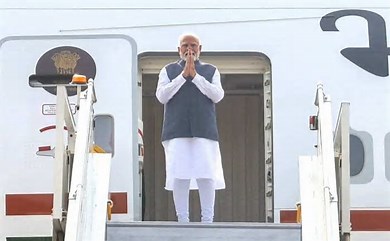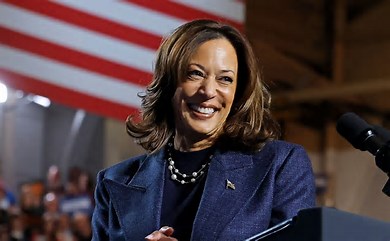
Neoclassical realists warned their structural-realist counterparts against treating all units in the international system as the same. They opined that states, although they manifest similar intentions and aspirations, differ significantly in their interests and ability to exhibit state power to pursue national interests. In the post-Cold War global order, Russia’s initial attempt to foster a deeper engagement with the United States was short-lived. President Boris Yeltsin’s successor, President Vladimir Putin, reigns in Russia in an authoritarian manner. Nationalistic jingoism combined with the tinkering of the Constitution favouring his continuous reign has turned Russia more like a revisionist power in the system. The authoritarian style of functioning has to instill a sense of nationalistic fervour among its citizens, especially among the national elites.
For this to happen, it had to create nationalistic missions outside the Russian national boundary. The war with Georgia in 2008 was an early attempt to consolidate such goals. The war ended with a thunderous victory for Russia. The 2014 invasion of Crimea and the annexation of it by Russia made the US and its allies in Europe a case to study the severe threat and deliberations to stop Russia and its expansionist exercises. Domestically, such a strategic endeavour made Putin more powerful and famous. Putin gave fellow Russians a reason to solidify their national identity. Western sanctions have been the norm to warn and deter Russia. However, sanctions often proved counter-productive. It does not deter Russia in the real sense.
The Crimea incident was a turning point for the China-Russia 21st-century bilateral relationship. Facing intense pressure and disagreements from the West, especially the US, Russia had to search for a new partnership with China. China and Russia share the same ambition of weakening the United States’ influence and power in global politics. The two countries see the United States as a common threat to their regional and international interests. For Putin’s Russia, the US remains the main rival in both Eastern and Western Europe. It sees NATO and its expansion in Eastern Europe as a direct threat to its long-term security and strategic interests. For it, competition with the US is a zero-sum game. For China, the US is the stumbling block to its rise in the international system. The US is also the off-shore balancer in East Asia. It sees the US as a direct competitor and rival in the region. Moreover, it perceives that its global ambition could be jeopardized if the US remained the most potent power in the international system. Thus, China and Russia desire US power and its influence be challenged in their respective regions so that their sphere of influence is protected and allowed to grow.
RUSSIA’S INVASION OF UKRAINE &
CHINA’S RESPONSES
The Ukraine War was a flipping point in international politics. The invasion of Ukraine by Russia seems to be the riskiest decision by President Putin in his career. It was partially a surprise move even though Russia has been defying every expectation of the West for quite some time. Since the 1950s, the Sino-Russia relationship reached its zenith in the twenty-first century’s second decade. Just weeks before Russia’s invasion of Ukraine, President Xi Jinping and President V. Putin made a joint statement declaring their bilateral relationships had “no limits” and there were no “forbidden areas” of cooperation between them.
However, amid criticisms and Western sanctions condemning Russia’s actions during the invasion, President Xi chose to remain quiet – neither directly supporting Russia nor condemning its attack on a sovereign country. One plausible reason for such a Chinese response was to insulate itself from ‘unnecessarily’ dragged into the controversy and face a global backlash against it. China was smart enough to distance itself from Russia’s dangerous military aggression in Europe as it rightly felt that supporting Russia overtly would spark blowback for China.
Instead of outright condemning Russia for disrespecting Ukraine’s sovereignty as a champion of states’ sovereign rights, China blamed NATO for the war while condemning Western sanctions against Russia. In the wake of Russia’s military invasion, China was reportedly stepping up its diplomatic efforts to send a message to the world that China wanted a complete cessation of conflicts and peaceful negotiations to end them. China’s leader, Yang Jiechi, met US National Security Advisor Jack Sullivan in March and reaffirmed China’s support of a “unified NATO” while urging the West to understand Russia’s ‘legitimate’ concerns about its security in its periphery. Thus, China gave a mixed message to the West and the world about its view of the invasion. Statements made by Foreign Minister Wang Yi suggested China’s support for Russia’s action against Ukraine. He declared that Ukraine should not fall prey to great power politics and should be a “bridge” between the East and West.
CHINA-RUSSIA NEW PARTNERSHIP AND ITS IMPACT
Many experts and scholars across the world have agreed to the fact that China’s rise in the present century was inevitable. They have equated China’s behaviours to those of a revisionist state. Prominent realist such as John Mearsheimer argued that China’s rise accompanied the ambition to change the established status quo in the international system. With the grand purpose of establishing its leadership in global politics, China also needs a reliable and muscular ally to co-author alternative global rules and norms that favour its strategic interests. In the Russia-Ukraine war, China has equivocally criticized Western sanctions on Russia because it perceives such sanctions could take the form of a collective punishment norm and could further possibly apply against it in the near future. Such precedent would be far from serving China’s interests. Thus, while supporting Russia implicitly, China has also used the conflict a platform to assess the US-led responses against the aggressor, and simultaneously trying to figure out its broader strategy to protect its strategic interests in the South China Sea and the Indo-Pacific. An online public opinion survey in March 2022 conducted by Richard Q. Turcsanyi of Sinophone Borderlands and two other research associates revealed positive responses from overwhelming majority of selected Chinese citizens about China-Russia bonhomie.
The Sino-Russia partnership in the 21st century has the potential to shape the contours of international politics despite a chequered historical record of mutual distrust and structural incompatibility between the two great powers. The strategic alignment between the two has impacted foreign policy orientations of regional power such as India, and also other powers in Asia and Europe. Having said this, a pertinent question concerning the new partnership is the issue about existing structural dissonance between the two giants. China’s economic weight far outweighs that of Russia’s. This advantage has made China’s interests relatively more valuable, and it would be interesting to see if China would continue to defend Russia with the same intensity in case Russia-Ukraine war stretches throughout this year.
The author is currently an Assistant Professor at the Department of Political Science, Imphal College, Manipur University. He is the author of ‘The United States Approach to FMCT Negotiations: Lessons for India’. He has submitted his Ph.D. thesis at Jawaharlal Nehru University, New Delhi.















